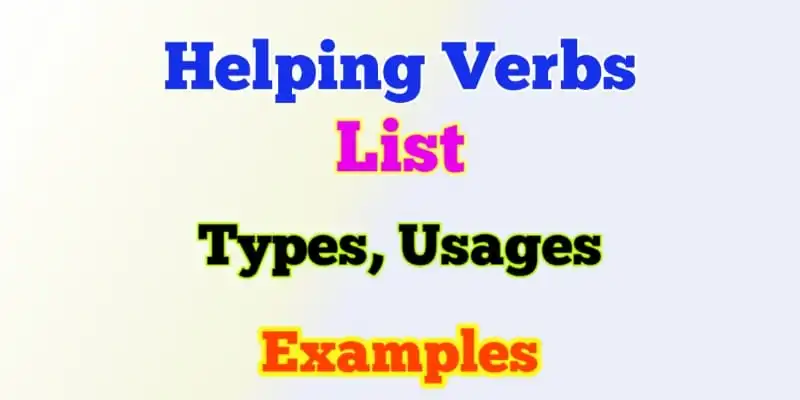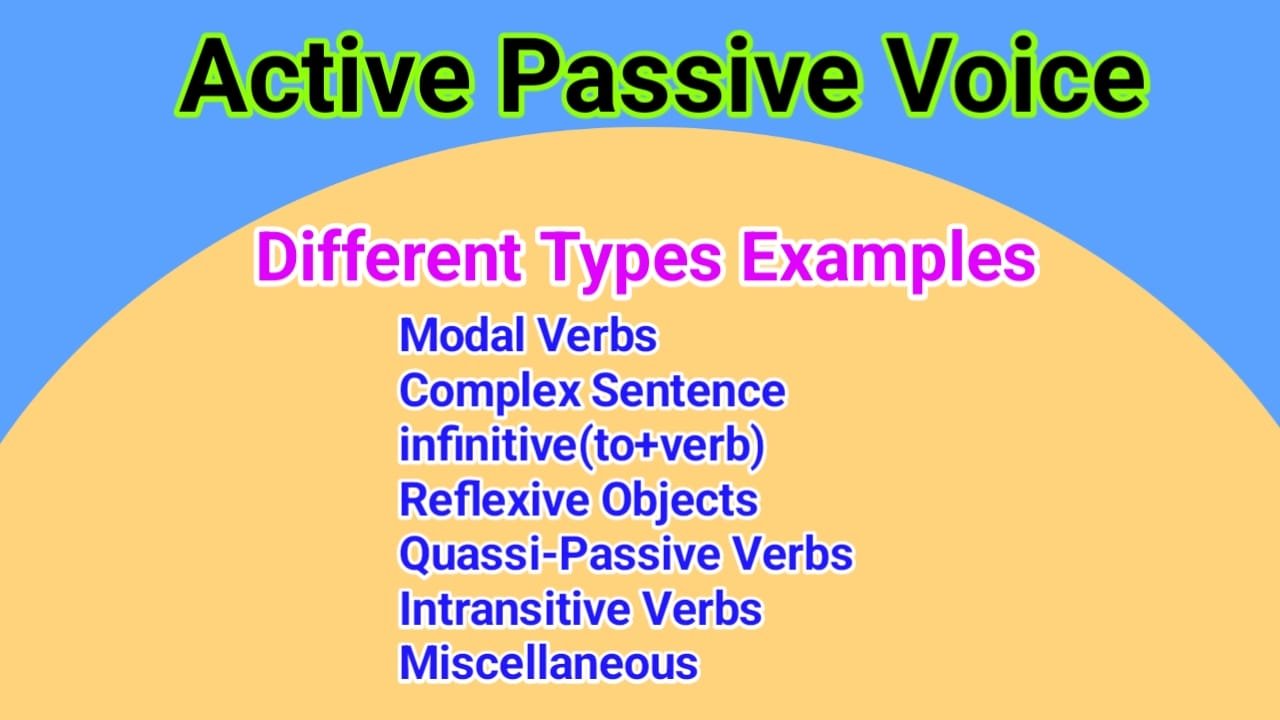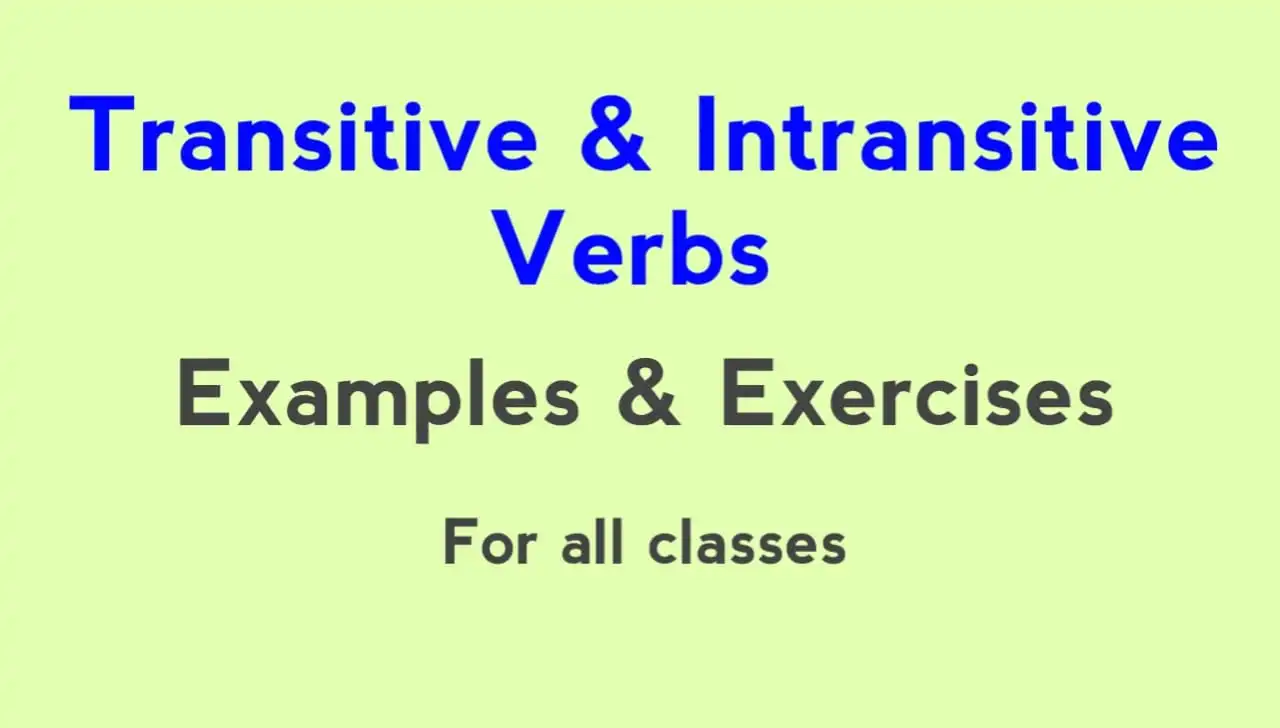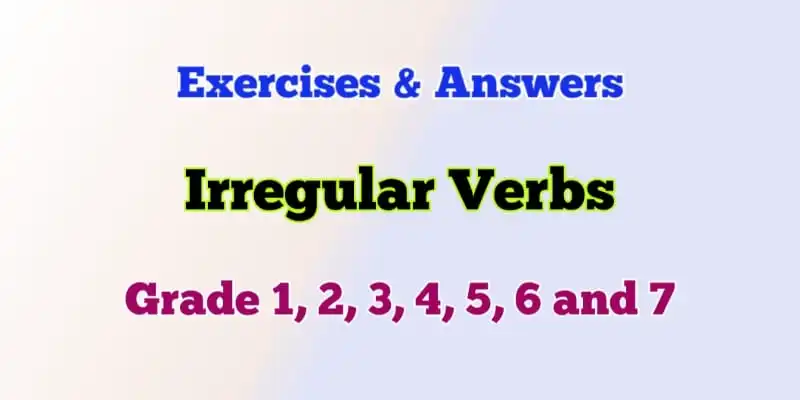Explore various Types of Verbs for Class 6 Worksheets and comprehensive practice with answers, aiding in understanding verb classifications and enhancing language proficiency.
This is designed for sixth-grade students focusing on verb types, complete with answer keys for effective practice and assessment
Verbs for Class 6
Verbs show action, state of being, and possession. It is a word that also expresses occurrence in a sentence.
For example, in the sentence ‘She sings beautifully,’ ‘sings‘ is the verb.
Types of Verbs for Class 6
Verbs can be divided into three categories.
- Principal and auxiliary verbs
- Transitive and intransitive verbs
- Finite and non-finite verbs
1. Principal and Auxiliary Verbs
A. Principal or main verbs
These verbs can stand alone.
For example,
- He wrote a letter.
- She arrived at 10 am.
- They have a big house.
In these sentences, the highlighted verbs express a complete meaning. They agree with the person and number of the subject of the sentence and also show the time of the activity.
English Grammar Ebook for Class 6
B. Auxiliary verbs
These verbs are often used with other verbs to complete the meaning of a sentence. However, they sometimes stand alone and give meaning to a sentence as the main verb.
For example,
- The dog is barking,
- He was writing a letter.
- She will come at 10 am.
In these sentences, the highlighted verbs do not express a complete meaning. They help the main verbs (the underlined verbs) to complete the meaning of the sentence.
Auxiliary verbs are of two kinds primary auxiliaries and modal auxiliaries,
a. Primary auxiliaries
These are the primary auxiliary verbs in English.
| Primary auxiliary verb | Present tense | Past tense |
| be | am, is, are | was, were |
| do | do, does | did |
| have | has, have | had |
When the verb be, do or have is followed by the principal verb, it is an auxiliary verb. When these verbs occur alone in a sentence, they become the principal verb.
For example,
- Rohan is a good student. (main verb)
- Rohan is writing a letter. (helping verb)
- The puppy is naughty. (main verb)
Note: Primary auxiliaries change their form according to the number and person of the subject.
For example,
- Dev is playing.
- I am playing.
- She was playing.
b. Modal auxiliaries
The following are the modal auxiliary verbs in English — can, must, may, might, will, would, should, must, shall, should, and ought to.
They are used with other verbs to express probability, determination, ability, obligation, possibility, wishes and so on. Modal auxiliaries cannot be used alone. They need a principal verb to complete the meaning.
For example,
- Radha is late. She may be sleeping. (possibility)
- I should wash my clothes today. (obligation)
- He can drive a car. (ability)
- Can I shut the door? (permission)
- You should obey your parents (advice)
- Could I leave early today, Sir? (permission)
- Rajan will always be late. (about habits)
Note: Modal auxiliaries do not change their form according to the number and person of the subject.
For example,
- Jaideep can swim.
- I can swim.
- They can swim.
2. Transitive and Intransitive Verbs
A transitive verb is one that is used with an object — a noun, phrase, or pronoun that refers to the person or thing that is affected by the action of the verb.
- Radhika baked a cake.
In this sentence, the action of the subject (baked) is transferred to the object (cake).
Here are more examples of transitive verbs.
- He wrote a letter.
- She sang a song.
- Mother pushed the trolley.
Now, read these sentences.
- They run.
- Birds fly.
- It rains.
- The artist painted.
- The baby sleeps.
- Creepers grow fast.
- The pigeon flew away.
In these sentences, the verbs run, fly, rains, painted, sleeps, grow, and flew do not have any objects.
Verbs that do not require an object to complete their meanings are called intransitive verbs.
3. Finite and Non-finite Verbs
A verb that has a subject and exhibits tense and number in a sentence is called a finite verb.
Read these sentences.
- We live in India.
- The dog wagged its tail.
- She opened the door.
- She speaks Chinese well.
The highlighted verbs are the main verbs in these sentences. Each of the verbs has a subject.
Now, read these sentences.
- Mother was watching television.
- She went to Germany to learn German.
- I have won the match.
- Swimming is the best exercise.
- The sleeping cow caused a traffic jam.
The highlighted words do not have a subject. They do not change their forms according to the tense and number.
A verb that neither has a subject nor exhibits tense and number in a sentence is called a non-finite verb.
There are three kinds of non-finite verbs — the infinitive, the participle, and the gerund.
a. Infinitives
The infinitive form of a verb is the verb in its basic form, usually preceded by to.
For example,
- The cricketers like to play fair.
- The patient is too weak to walk.
- The team hopes to win the championship.
- The children have come to see the exhibition
b. Participles
Participles are of two kinds — present participle and past participle. Present participles end in ing, while past participles end in ed. d, t, en, or n. Participles can be used as adjectives or in participle phrases.
For example,
- Waiting outside in the rain, Unnati felt very annoyed. (participle phrase)
- Picking up a piece of bread, the pigeon flew to the roof. (participle phrase)
- I fed a starving puppy. (participle as adjective)
- He came out of a broken window. (participle as adjective)
- Rihana was preparing dinner when I reached. (participle forming the continuous tense)
Note: The perfect participle is a combination of the present participle (having) and the past participle.
For example,
- Having finished his dinner, he went off to sleep.
c. Gerunds
A gerund is a non-finite verb with an ing ending. It works like a noun in a sentence.
For example,
- Walking is a good exercise.
- Painting is his hobby.
- The students were tired of writing
Class 6 English Grammar Chapter-Wise Contents:
3: Nouns
5: Gender
6: Case
7: Pronouns
8: Verbs
10: Adjectives
12: Adverbs
13: The Simple Tense
17: Prepositions
18: Conjunctions
19: Articles
22: Direct and Indirect Speech
Class 6 Types of Verbs Worksheets
Worksheets 1:
A. Identify the verbs in these sentences.
1. It was great fun.
2. I am an engineer.
3. My mother drives well.
4. The lion has a handsome mane.
5. I have a beautiful necklace.
6. The baby was crying all day.
7. He plays football and chess.
8. He had gone away to the suburbs.
9. Students study for their examination.
10. The girls danced all night at the party.
11. The elephant is the largest animal on land.
12. It was raining during our entire stay in Goa.
13. Rajiv’s brother works in a bank.
14. I love people who are kind to animals.
Types of Verbs for Class 6 Worksheets 2:
B. State whether the highlighted verbs are transitive (T) or intransitive (IT).
1. I played all evening,
2. He gave the bouquet to the teacher.
3. They laughed at the clown.
4. She swam for two hours.
5. We lived in Mumbai for four years,
6. I admire him.
7. We clean our garden every day,
8. My uncle moved to another country,
9. Those people painted their fence white,
10. I took the local train.
11. My dog barked.
12. The snake slithered quickly back into his hole.
Worksheet 3:
C. Underline the verbs and identify them as transitive or intransitive. For transitive verb, identify the object.
1. She was playing all day long.
transitive ……..
intransitive ……..
object ………
2. We showed her our kitchen garden.
transitive ……..
intransitive ……..
object ………
3. Kate plays in the park every afternoon.
transitive ……..
intransitive ……..
object ………
4. Maira and Rhea sang beautifully.
transitive ……..
intransitive ……..
object ………
5. It was snowing at that time.
transitive ……..
intransitive ……..
object ………
6. She smiled at the baby.
transitive ……..
intransitive ……..
object ………
7. She gave blankets to the poor.
transitive ……..
intransitive ……..
object ………
8. They played in the park.
transitive ……..
intransitive ……..
object ………
9. I ate the mangoes.
transitive ……..
intransitive ……..
object ………
10. My brother doesn’t drink milk.
transitive ……..
intransitive ……..
object ………
11. The Rockstars practise regularly.
transitive ……..
intransitive ……..
object ………
12. Mr Khanna bought a car yesterday.
transitive ……..
intransitive ……..
object ………
Worksheet 4:
D. Make two sentences — once as a transitive verb and once as an intransitive verb with the following verbs.
[Verbs: eat, dream, write, walk, teach, sleep, move, jump, know, visit, watch, break, turn, learn, spend]
For example,
• I eat breakfast every day. (as a transitive verb)
• l eat quickly. (as an intransitive verb)
Worksheet 5:
E. Underline and identify the non-finite verbs (NF) and the finite verbs (F).
1. Dancing is Tina’s favourite pastime.
2. My sister and I loved playing with dolls when we were younger.
3. When the concert was over, the people began to leave the venue.
4. I want to buy fresh flowers for my house.
5. I forgot to write my name on my answer script.
6. My brother likes smoked salmon.
7. The freshly picked tomatoes look delicious.
8. I am going to the mall.
9. Use a dictionary to find out the meaning of the word.
10. I heard someone shouting for help.
Types of Verbs for Class 6 Worksheet 6:
F. Choose the correct option to complete these sentences.
1. Children like ………. with toys.
a play
b. to play
c. played
d. plays
2. The poor child struggled ………. the sum.
a. understanding
b. understand
c. to understand
d. understood
3. I like ……….
a. swimming
b. swim
c. swims
d. swam
4. Mother has finished ……….. Let’s lay the table.
a. to cook
b. cook
c. cooking
d. cooks
5. I am learning ………. French.
a. to speak
b. speak
c. speaking
d. speaks
6. My pet enjoys ………. to bath
a. have
b. to have
c. having
d. has
7. ………. to herself makes her happy.
a. To sing
b. Singing
c. Sing
d. Sang
8. I feel like ………. a film.
a. watch
b. to watch
c. watches
d. watching
9. My class teacher is always ready ………. us.
a. helping
b. help
c. to help
d. helps
10. It is bad ………. a lie.
a. to tell
b. telling
c. tell
d. tells
Worksheet 7:
G. Rewrite these sentences using the gerund form of verbs in place of the infinitives and vice versa.
1. It is better to try than to give up without trying.
Ans: Trying is better than giving up without trying.
2. Reaching school on time has always been Sagar’s problem.
3. Kartik likes dancing and singing.
4. Earning money by working hard is the best thing to do.
5. The best way to succeed is to work hard.
6. Decorating cakes is an art.
7. Kailash loves to read and write Hindi.
8. Flying kites is Shyam’s favorite pastime.
9. Apologising for your bad behavior is the right thing to do.
10. To be honest with oneself is what we must all learn.
Types of Verbs for Class 6 Worksheet 8:
H. Fill in the blanks with the correct participle form of the verb in brackets.
1. ………. (bark) dogs seldom bite.
2. It was an ………. (excite) match.
3. We brought home a ………. (wound) dog.
4. He tried to get off a ………. (move)bus.
5. The police found the ………. (steal) bike.
6. ………. (roll) stones gather no moss.
7. I don’t want the ………. (burn) toast.
8. We saw a ………. (frighten) deer by the fence.
9. I heard her ………. (sing) in the bathroom.
10. The ambulance picked up the ………. (injure) dog.
11. Not many students attended the ………. (bore) lecture.
12. After ten ………. (tire) hours, we reached the resort.







